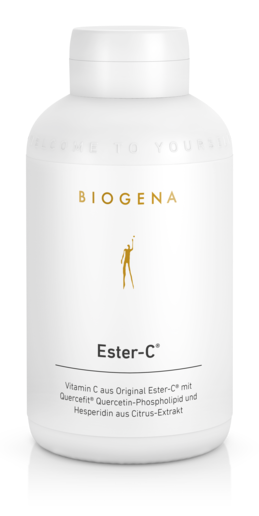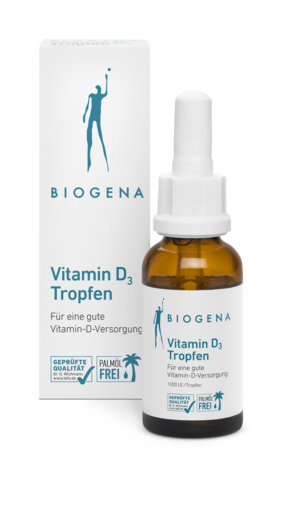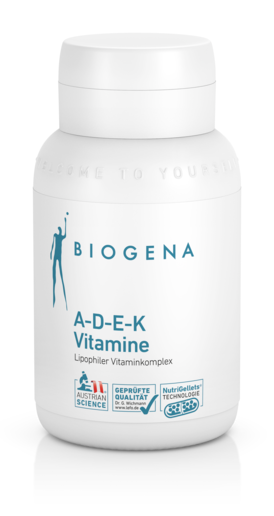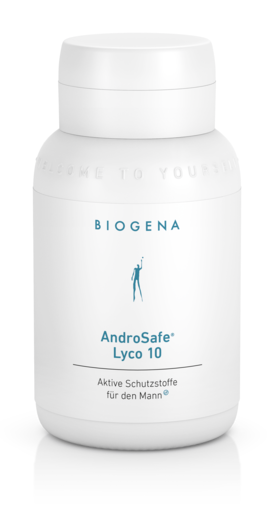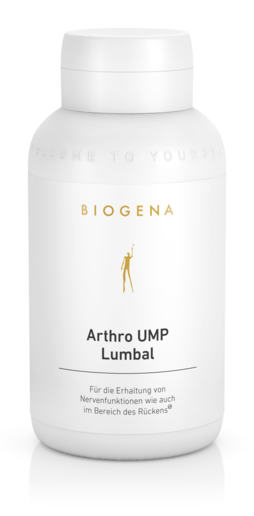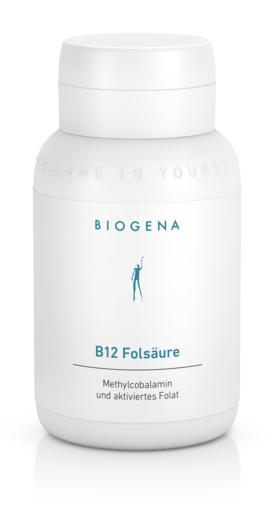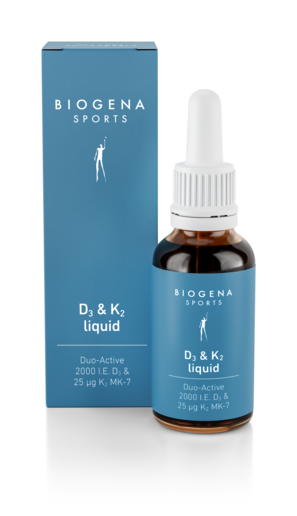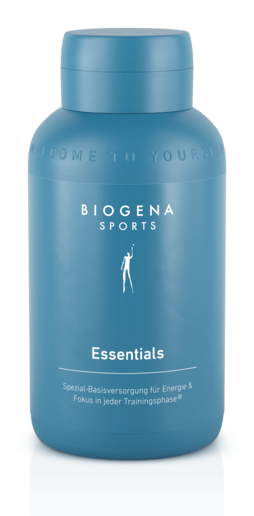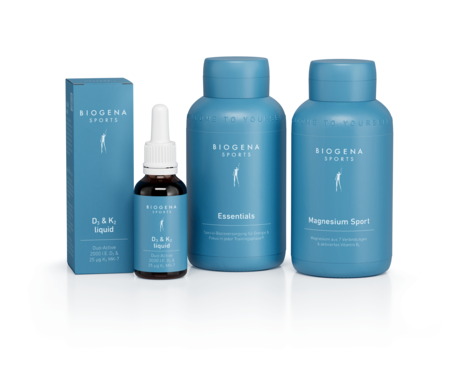Vitamin supplements: Power to feel good
Vitamins are essential building blocks that your body needs to stay healthy and productive. They promote your well-being, strengthen the immune system and provide fresh energy for everyday life.


Vitamins are essential for life
Vitamins are true everyday heroes – essential for your body to stay healthy and productive! Most of them cannot be produced by the body itself, so they must be supplied through the diet. They are found in many enzymes and help to boost the metabolism. Whether it's cell protection, hormone production, energy boost or a strong immune system – vitamins are involved in many important processes and keep you fit.
Get through winter with vitamin supplements
It is especially important to support your immune system during the winter months. BIOGENA's high-quality vitamin preparations have been specially developed to help you stay healthy and full of energy during the cold season. Discover the best vitamins and food supplements to optimally strengthen your defences.
Ordering vitamins: vitamin capsules, vitamin drops or juice?
Our vitamin products make it easy for you to meet your daily needs. Easy to take and perfectly tailored to your needs – whether as vitamin capsules, drops or a delicious multivitamin juice. Vitamin drops are particularly suitable for children and the elderly as they are easy to take and well tolerated. The capsules, on the other hand, are neutral in taste, offer a more precise dosage and a longer shelf life, and remain effective for longer thanks to the protected formulation – your body, your choice.
You want to buy vitamins? We will be happy to advise you on our food supplements
Your health is as individual as you are – that's why we at BIOGENA place a high value on personal advice. Our experts take time to answer your questions and work with you to find the right solutions for your well-being. Whether in person, on the phone or online – we are there for you.
FAQs



